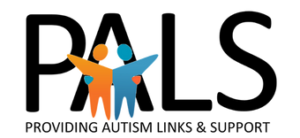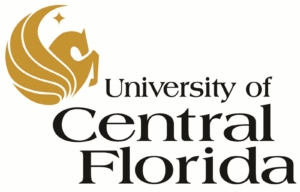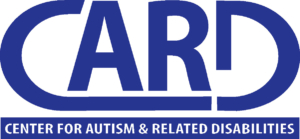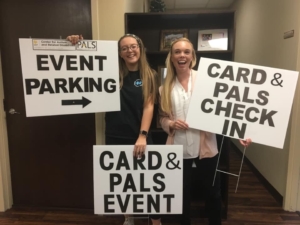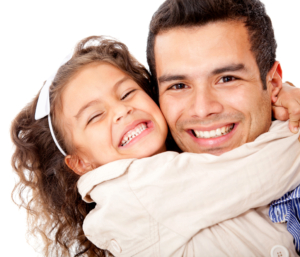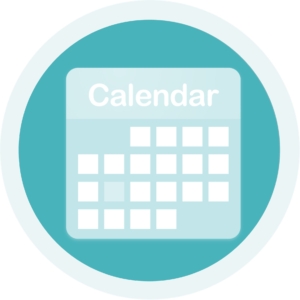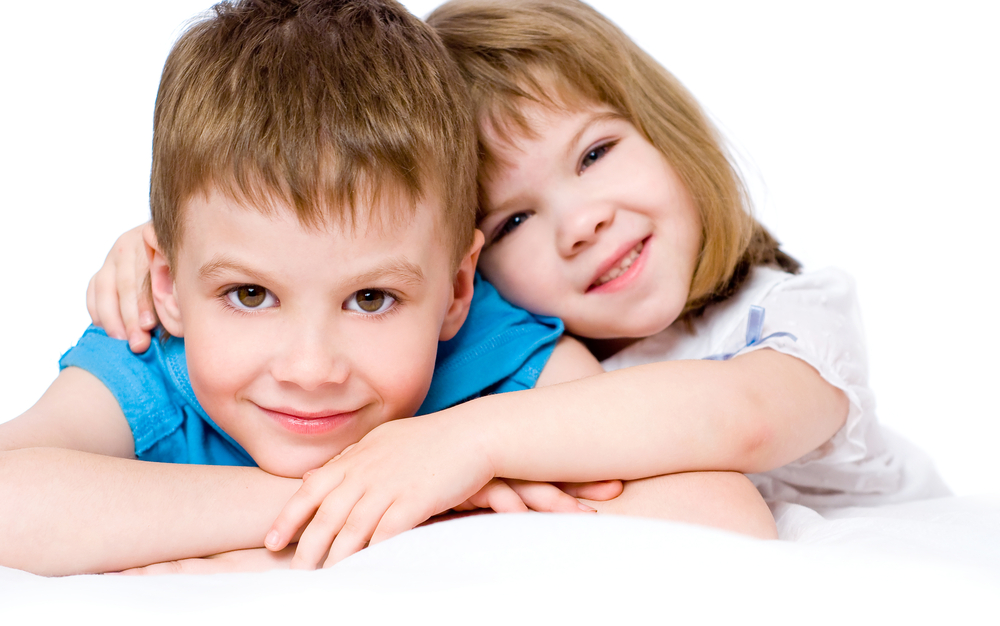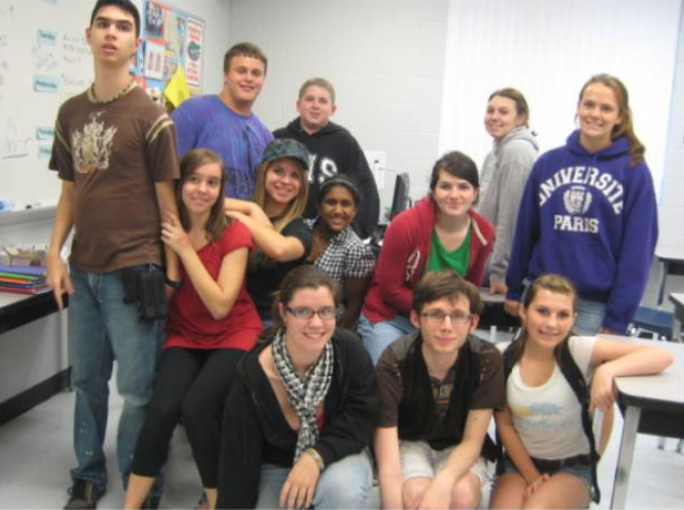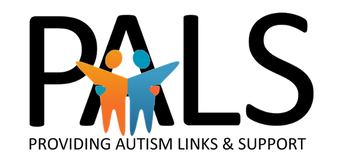The Centers for Autism and Related Disabilities (CARD) are a system of regional autism supports that provide consultation, training and individualized support to help people with autism, dual sensory impairments, and related disabilities reach their potential. Although it is called a Center, it is not a place where people with autism and related disabilities come to receive services. Instead, the heart of CARD is a strong and diverse staff of professionals with expertise in autism and related disabilities, who provide consultative support and training in a variety of real-life settings, including the person’s home, schools, job site or wherever assistance is requested. There is no charge to the family or individual for the services or supports of CARD.
What is CARD?
CARD serves children and adults of all ages and abilities who have an autism spectrum disorder (including Autism, Asperger’s Disorder, Childhood Disintegrative Disorder, Rett’s Disorder, or Pervasive Developmental Disorder-Not Otherwise Specified), dual sensory impairment; or a sensory impairment with other developmental disabilities.
- UCF CARD depends on PALS for financial support to provide the necessary services to enhance the lives of individuals with autism spectrum disorders residing in Central Florida.
For additional information on autism, along with a resource guide for Central Florida, trainings, conferences and more visit UCF-CARD.
CARD provides support to individuals, families and service providers to enhance the ability of individuals with autism and related disabilities to lead rich and meaningful lives within their own community. This includes providing families and individuals with consultation, training and support, offering training to professionals, educating the public on the needs and abilities of individuals with autism and related disabilities, and assisting the community to build programs that include best practices in supporting individuals with autism and related disabilities. CARD staff work to enhance the knowledge and skills of the natural supports within the family, school and community, to improve the capacity of these life-long community-based resources for the person with autism or related disabilities.
SUPPORTERS
GIVE
AUTISM
PROGRAMS
